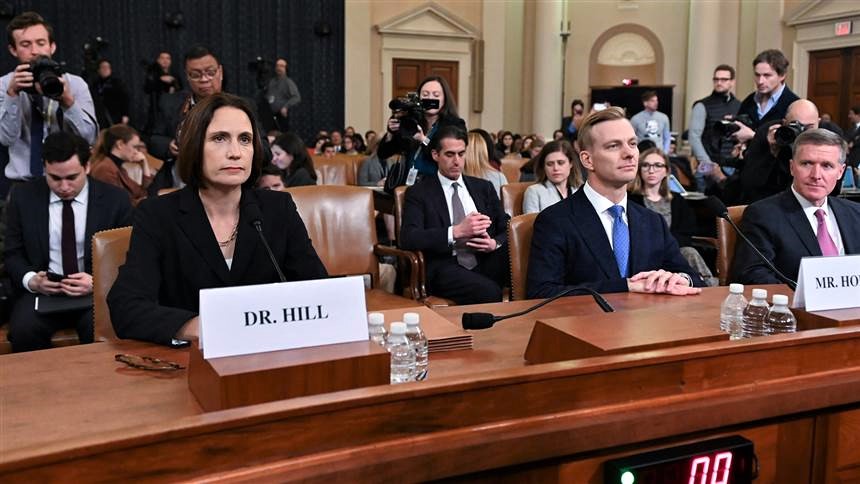
In my 2005 book, What Do You Stand for? – Stories About Principles That Matter, I began tobacco insider Jeffrey Wigand’s story with these words:
What do you do when you discover something wrong? What do you do with what you know? Do you remain silent or come forward? Do you remain loyal to the company or expose the truth? And what about the impact your decision might have on your family, especially if you have a child who is in need of specialized medical attention? What do you do, then?
In Jeff’s case, despite the obstacles he faced – and they were heart-wrenching – he stood up and spoke out against the tobacco industry’s decades of lies about the harmful effects of cigarettes.
The cost for his integrity was high. He lost his job, his home, his wife and for a time, his reputation.
This year, six individuals discovered something wrong and could not remain silent.
Jennifer Williams, special advisor to the Vice-President for Europe and Russia; Lt. Col. Alexander Vindman, director for European affairs, National Security Council; David Holmes, counselor for political affairs, U.S. Embassy in Ukraine; Fiona Hill, former top Russian advisor on the National Security Council; Marie Yovanovitch, U.S. Ambassador to Ukraine; and William Taylor, chargé d’affaires, a 50-year public servant and supporter of Ukraine’s effort against Russia.
All six were asked by the White House to refuse requests for their testimony regarding what they knew about a deal between President Donald Trump and Ukrainian President Volodymyr Zelensky.
Despite the consequences to their reputations and careers, these six individuals – along with an anonymous national security analyst – stood up and spoke out regarding an “urgent” and “credible” concern about the president’s phone call to Zelensky asking for a personal “favor” in the 2020 campaign in exchange for $321 million in foreign aid.
“In shouldering the 241-year principle of speaking truth before the American people,” TIME magazine writes, “each performed a duty. The first day on the job, every federal employee takes an oath, swearing to the same promise the President-elect pledges on the West Front of the Capitol-: to defend the Constitution. The courage they summoned was not to break the law, but to follow it.”
During a tense hearing before the House Intelligence committee, responding to Republican allies of the president pushing a false conspiracy theory that Ukraine had meddled in the 2016 election, Fiona Hill, calmly and clearly said that this was a “fictional narrative that has been perpetrated and propagated by the Russian security services themselves.”
When she finished her statement, not a single Republican on the committee rebutted her comments.
With a toxic and partisan Washington and a deeply divided country, moral courage is in danger of becoming extinct. This makes Hill, Yovanovitch, Taylor, Holmes, Vindman and Williams all the more exceptional in their willingness to come forward and tell the truth. For their courage, TIME magazine selected them as Guardians of the Year.
At the end of my interview with Wigand, I asked, “Jeff, knowing all the negative consequences to your reputation and family that you faced in coming forward, would you do it again?”
“In a heartbeat,” Wigand said, without hesitation. “I have no rancor or regrets. I did what I thought was right and would do it again. Each of us should realize that we can make a difference.”
Knowing the potential consequences, the question for all of us remains:
What do you do when you discover something wrong? Do you remain silent or come forward?
Comments
Leave a Comment
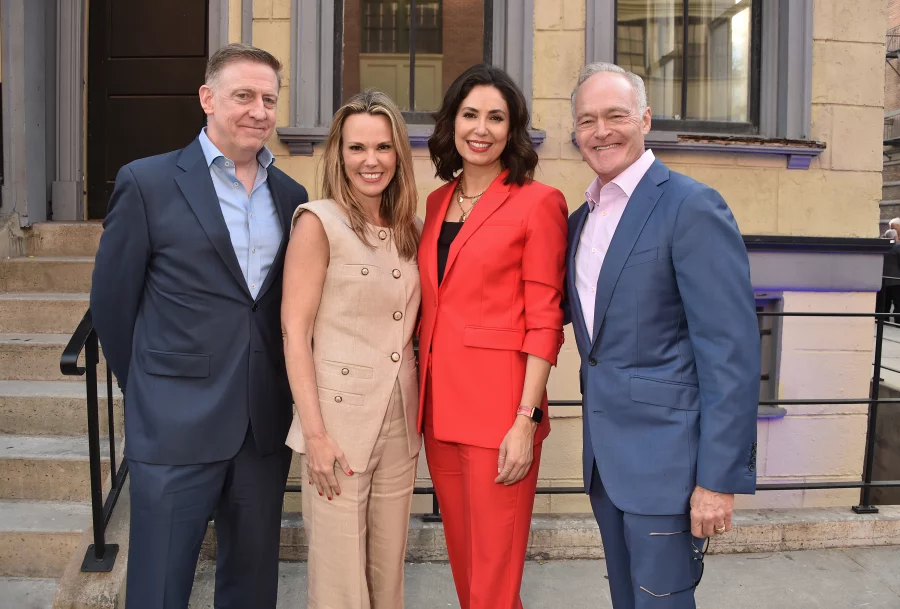

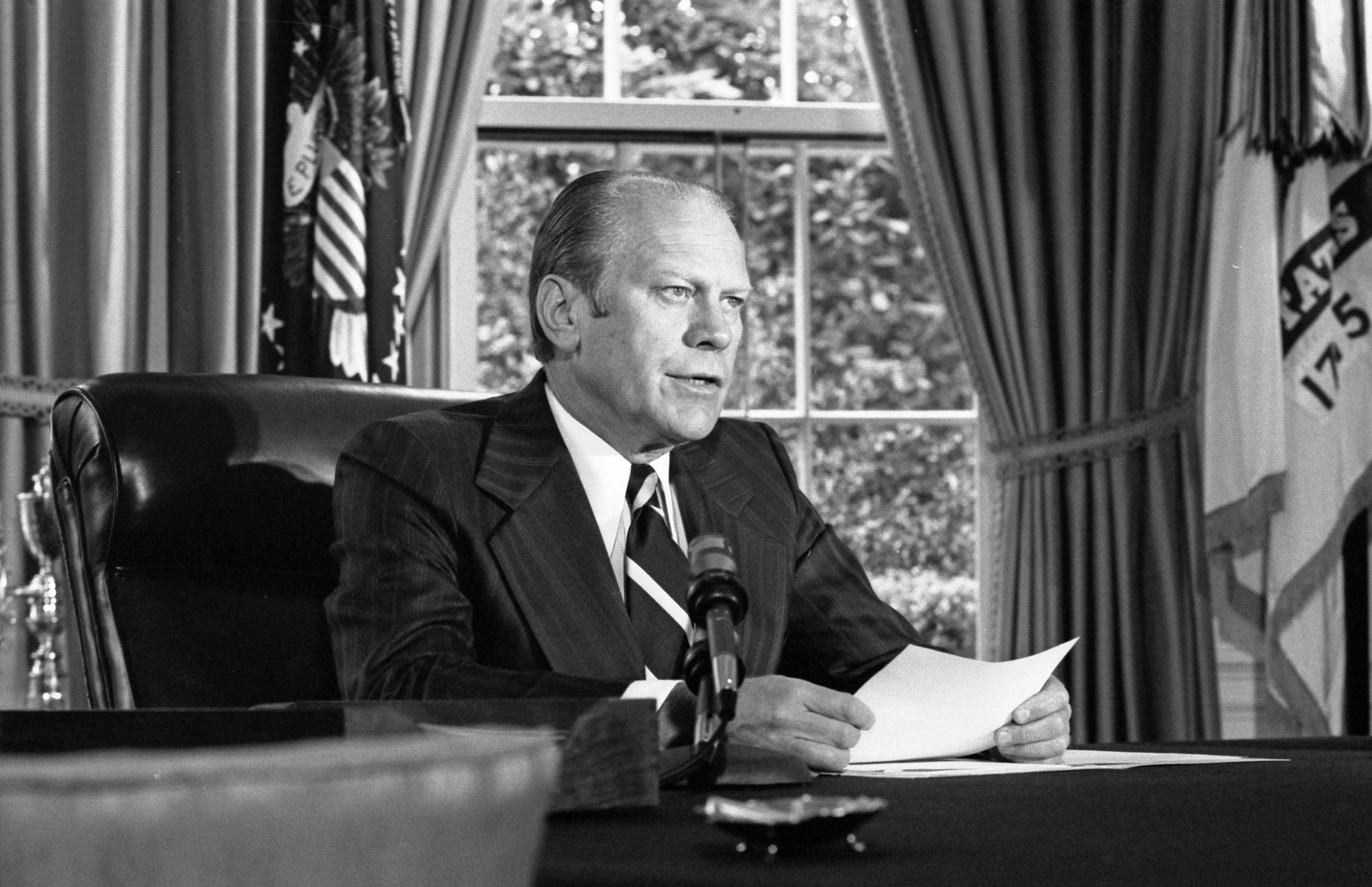
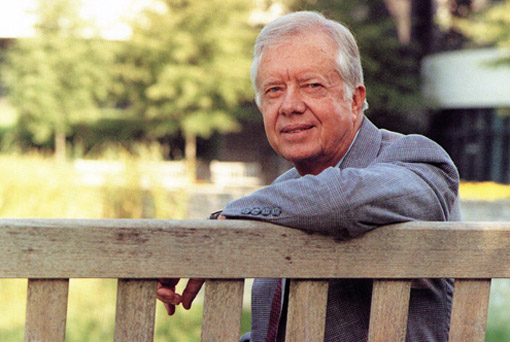
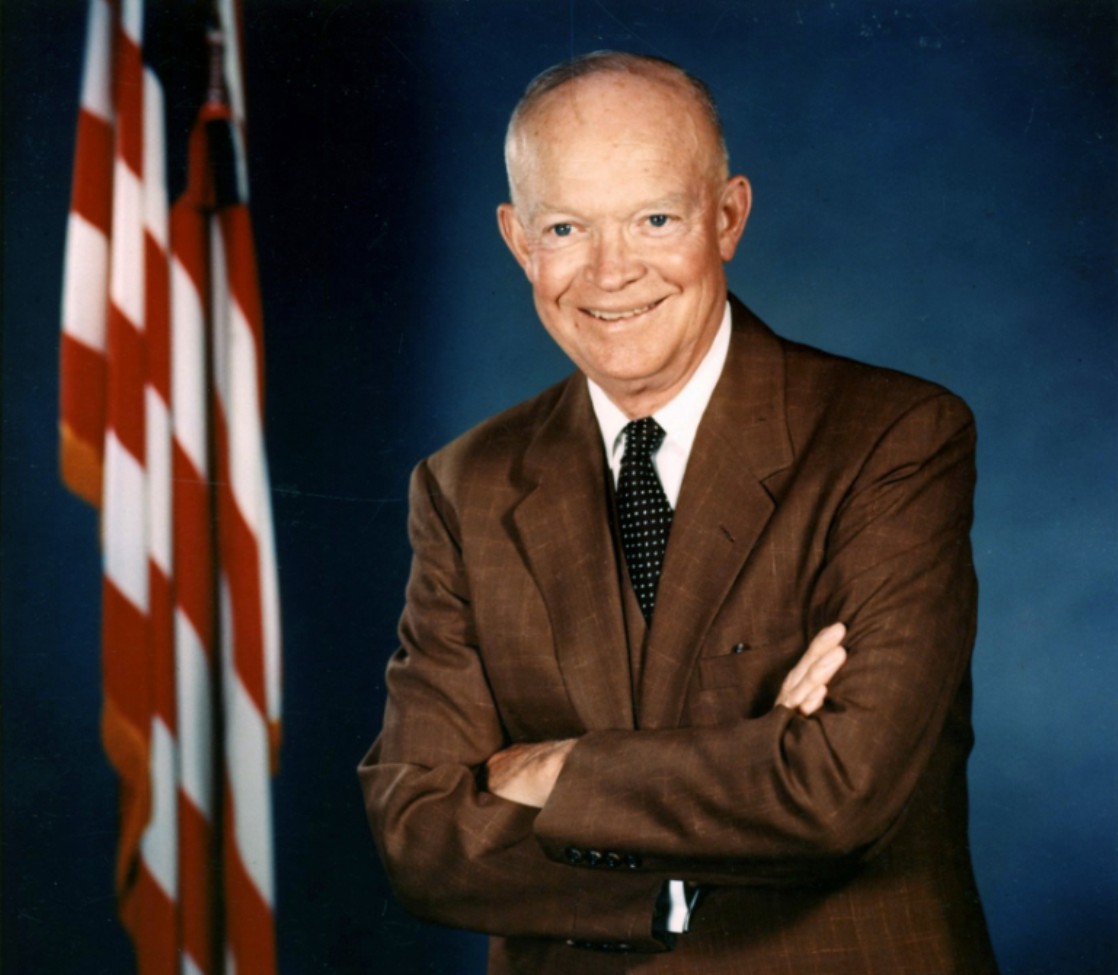
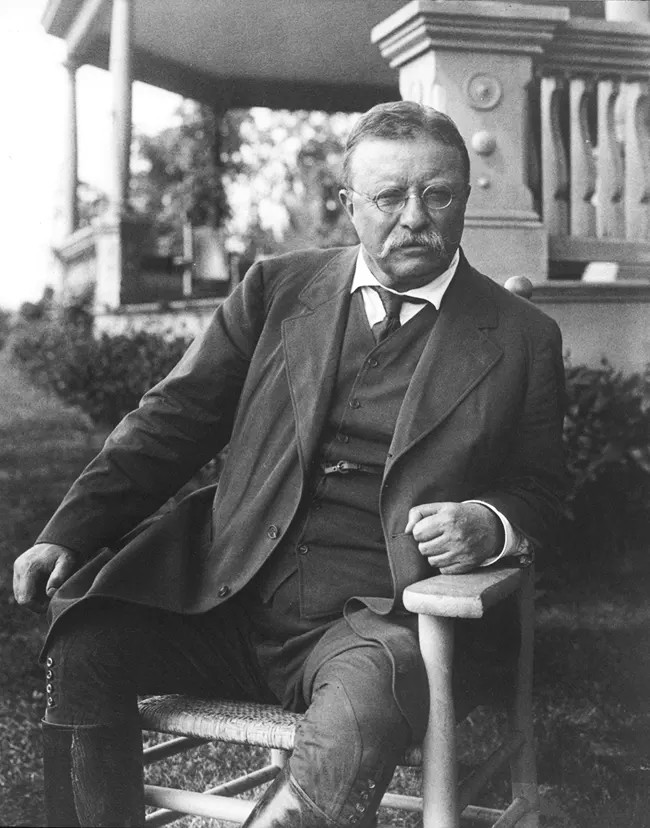
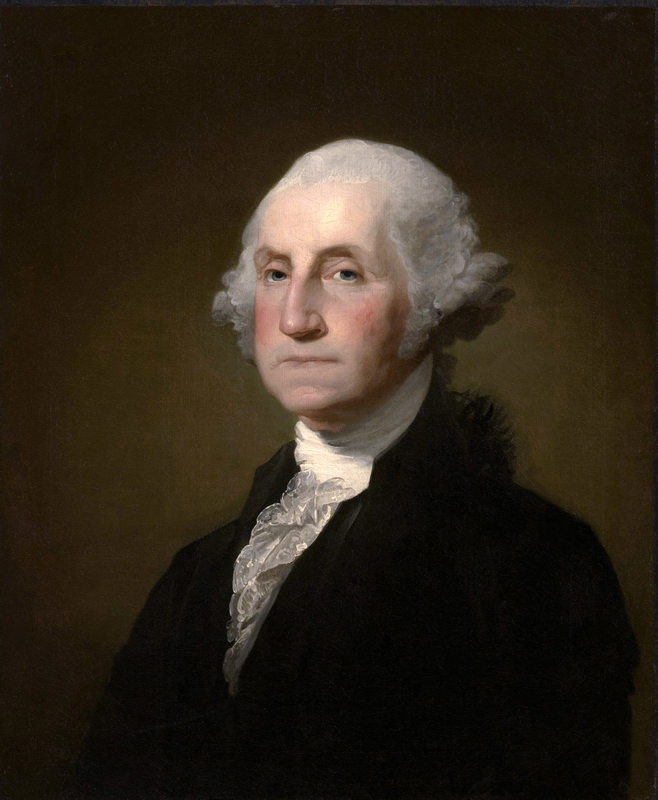





Great thoughts and question Jim as always. As I age, I am more and more focused on what is the right thing, not just for me, but for that person and society as well.